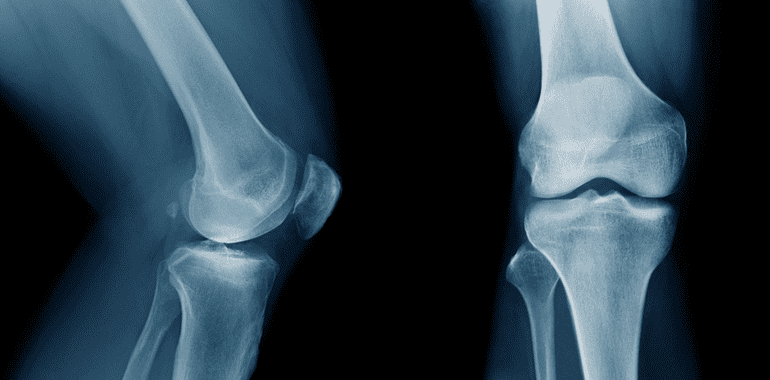Joint pain doesn’t always require surgery, but knowing when to consult an orthopedic surgeon can make a difference. Many people delay seeking specialized care, hoping their discomfort will resolve on its own. Understanding the right timing for an orthopedic consultation helps you address problems before they become more complex. Here are a few signs that indicate when to see an orthopedic surgeon:
Pain Persists
Chronic joint pain that lasts more than a few weeks warrants professional evaluation. Your primary care physician might initially recommend rest, medication, or physical therapy. Persistent pain, however, often signals underlying structural issues that may need specialized attention from an orthopedic surgeon.
If pain disrupts daily routines like moving around, using stairs, or resting at night, an orthopedic evaluation may be appropriate. Joint stiffness, swelling, or instability accompanying pain also suggests more serious conditions. These symptoms may indicate arthritis, cartilage damage, or other joint disorders that require specialized treatment.
Treatment Fails
When physical therapy, medications, and lifestyle modifications don’t provide relief, an orthopedic surgeon can offer additional treatment options. Non-surgical approaches are practical for many conditions, but some patients require more advanced interventions. Your surgeon might recommend:
- Joint injections with corticosteroids or hyaluronic acid
- Advanced imaging studies like MRI or CT scans
- Minimally invasive procedures
- Surgical interventions when appropriate
Failed conservative treatment doesn’t automatically mean surgery. Surgeons offer many non-operative treatments that primary care physicians may not provide.
Limited Mobility
Limitations in range of motion or difficulty performing routine tasks may point to the need for specialized evaluation. When bending a knee fully, raising an arm overhead, or walking becomes difficult, these restrictions often interfere with daily life. An orthopedic surgeon may assess the structural causes of limited mobility and suggest appropriate options, with early evaluation sometimes helping to address concerns before they progress.
Second Opinions
When recommendations involve major treatments such as joint replacement, seeking a second opinion can provide additional perspective. Different surgeons may suggest varying approaches to the same concern, with some focusing on minimally invasive techniques and others on complex reconstructions. A second helps provide you with information so you can review all available options, confirm the original diagnosis, or learn about alternative routes.
Age-Related Changes
Even if surgery isn’t required for age-related joint changes, an orthopedic evaluation can help guide symptom management. Conditions such as arthritis, cartilage wear, and changes in bone density are common with age, but they don’t necessarily have to limit daily activities. Early assessment can provide clarity and inform decisions on how to manage these changes effectively.
An orthopedic surgeon helps distinguish between normal aging and conditions that may benefit from treatment. They are also able to suggest strategies to maintain mobility and address discomfort through non-surgical approaches or, when necessary, surgical options. This guidance helps individuals make informed choices about preserving function and supporting overall joint health.
Find an Orthopedic Surgeon Today
Understanding when to seek orthopedic care can help you address joint or mobility concerns in a timely way. Consulting a specialist early may provide more options for managing symptoms and planning treatment. Orthopedic care includes both non-surgical and surgical approaches, allowing a specialist to recommend a plan that aligns with your needs and daily activities. If you are experiencing persistent joint pain or limited mobility, consider scheduling a consultation to explore your options.


Leave a Reply